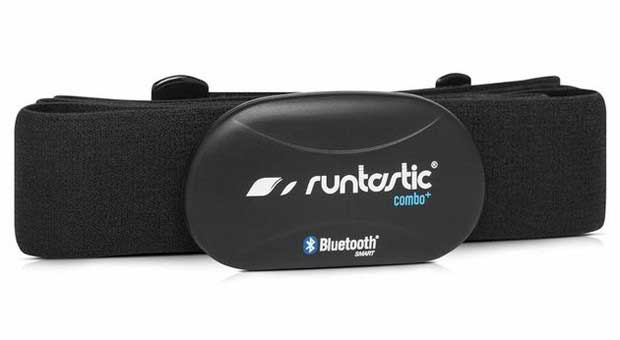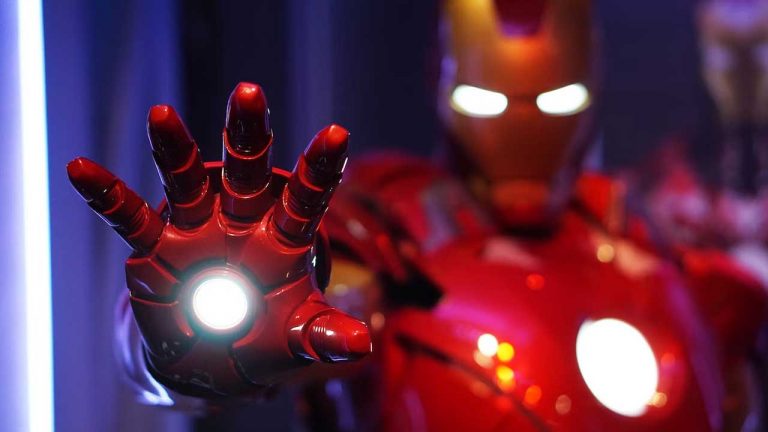Electrolytes 101: What Most Don’t Know About Electrolyte Supplements

ListedFit is reader-supported. When you buy through links on our site, we may earn a small commission.
Electrolytes are essential for humans to operate. An electrolyte imbalance in the body can lead to untoward signs and symptoms, including various illnesses.
Although we hear electrolytes daily, and many people use the term when talking about nutrition and diseases, but what are electrolytes really?
We’ve answered some common questions about these minerals for you to know how they’ll affect your body and the best way to use electrolytes.
Table of Contents
- Are Electrolytes Just Salt?
- Are Electrolytes and Amino Acids the Same Thing?
- Do Electrolytes Make You Pee More?
- Can Electrolytes Cause Bloating?
- Are All Electrolyte Drinks and Supplements the Same?
- Conclusion
Are Electrolytes Just Salt?
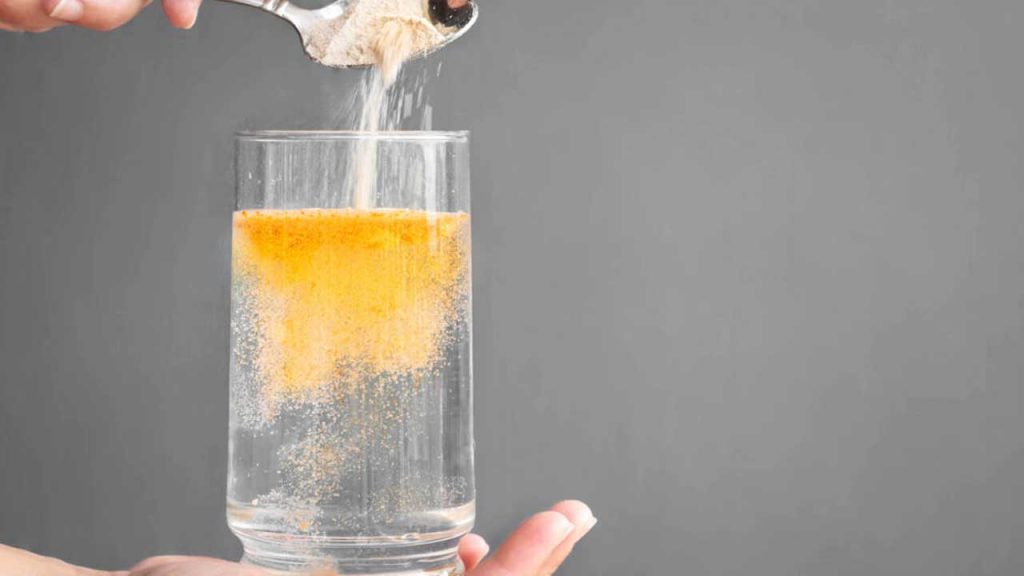
Although most table salts are made from sodium chloride, electrolytes are not just salt.
When salt melts in water, it breaks down into sodium (Na+) and chloride (Cl-) ions. These ions can conduct electricity, and the water now becomes an electrolyte solution. But why are they important to the body?
In its simplest sense, electrolytes are salts with a charge. Because of their crucial role in the body’s functions, they are in our blood and other body fluids.
They are minerals that:
- Help regulate nerve and muscle performance
- Hydrate the body
- Balance blood pressure and acidity
- Assist in rebuilding damaged tissue
Neurons and muscles are sometimes referred to as “electric tissues” because they rely on the electrolytes’ movements through fluids inside and outside the cells.
Below are some examples of electrolytes:
- Sodium
Sodium is a component of table salt. It’s a positively charged ion that the body needs for nerve impulses and muscle function. It’s critical for brain signal activities to avoid dulled senses and necessary in modulating body fluids.
- Potassium
Potassium is a mineral that helps in preserving the average fluid balance inside the cells. It also supports muscle contraction and manages blood pressure levels.
- Calcium
Calcium is usually associated with healthy teeth and bones. It also plays a vital role in blood clotting, muscle contraction, nerve function, and normal heart rhythm. About 99% of calcium is in the bones. The remaining 1% is in the muscles, blood, and other tissues.
- Magnesium
Like calcium, magnesium is for strong bones and proper heart rhythm. It also assists in sustaining blood pressure.
- Phosphate
Phosphate is an electrolyte that contains the mineral phosphorus. It works together with calcium in building strong teeth and bones. It’s also for diagnosing and monitoring kidney and bone disorders.
- Chloride
Chloride works with sodium, potassium, and carbon dioxide in maintaining the body’s acid-base balance. This equilibrium is critical for cellular metabolism and homeostasis.
Mild electrolyte imbalance may not have any symptoms. However, severe imbalances can lead to:
- Confusion or disorientation
- Fatigue or lethargy
- Muscle weakness, cramps, twitching, and tingling sensation
- Fast and irregular heartbeats
- Headaches
- Convulsions
- Extreme thirst
- Numbness
Possible causes of electrolyte imbalance include:
- Prolonged vomiting or diarrhea
- Severe dehydration
- Poor diet
- Cancer treatment
- Kidney disease
- Some medications such as diuretics, beta-blockers, laxatives, and corticosteroids
Below are several strategies to nourish the balance of electrolytes in the body:
- Drink the recommended daily intake of water. Don’t overdo it, as it can flush electrolytes out.
- Minimize salt intake. Excessive salt intake can retain excess bodily fluids and overwork and damage the organs.
- Don’t abuse diuretics or take them for a prolonged period without a doctor’s prescription.
- Replenish with fluids after strenuous activities.
- Eat a healthy and balanced diet.
Are Electrolytes and Amino Acids the Same Thing?

Electrolytes and amino acids go hand in hand in maintaining the body’s normal processes. However, they are not the same thing. Electrolytes are electrically charged minerals indispensable in monitoring the body’s homeostasis and pH balance. On the other hand, amino acids are molecules that bind together to form proteins. They’re proteins’ building blocks.
When proteins fall apart, amino acids are left behind. They are responsible for:
- Growing and repairing tissues
- Breaking down food
- Building muscles
- Providing energy source
- Keeping healthy hair, skin, and nails
- Boosting the immune system
- Sustaining a normal digestive system
The body needs 20 amino acids to operate the right way. Nine of these can’t be produced by the body and are labeled “essential amino acids.” They are:
- Histidine
Histidine aids in assembling a neurotransmitter called histamine. Histamine plays a vital role in the body’s digestive and immune systems. It also takes part in driving arousal and promoting sleep-wake schedules.
What to eat: Meat, Eggs, Dairy, Rice, Potatoes
- Leucine
Leucine helps the body in making growth and protein hormones. It also plays a role in growing and repairing muscle tissues, healing wounds, and regulating blood sugar levels.
What to eat: Spirulina, Eggs, Salmon, Chickpeas, Oats
- Isoleucine
Isoleucine assists the immune system and promotes healthy muscle metabolism. Additionally, it supports hemoglobin production, controls blood sugar, regulates energy, and boosts endurance.
What to eat: Tofu, Nuts, Lentils, Tuna, Yogurt
- Lysine
Lysine assists in the production of energy and hormones. It also plays a role in calcium absorption for connective tissues and bones.
What to eat: Red meat, Poultry, Parmesan, Sardines, Cod
- Methionine
Methionine is important for detoxification, tissue growth, and metabolism. It also helps absorb required minerals such as zinc and selenium.
What to eat: Turkey, Cheese, Shrimp, Beans, Quinoa
- Phenylalanine
Phenylalanine is vital in producing the brain’s chemical messengers like epinephrine, norepinephrine, and dopamine. It’s also crucial in making some amino acids.
What to eat: Chicken, Tofu, Milk, Beans, Pasta
- Threonine
Threonine plays a key role in the production of elastin and collagen, which are important to skin and connective tissues. Its primary task is to keep the body’s protein balance.
What to eat: Lean beef, Nuts, Lamp, Gelatin, Cheese
- Tryptophan
Tryptophan is for maintaining the correct balance of nitrogen. It also assists in creating serotonin, a neurotransmitter that regulates mood, sleep, and appetite.
What to eat: Oatmeal, Pork, Fish, Tofu, Turkey
- Valine
Valine helps in tissue regeneration, muscle growth, and energy production.
What to eat: Podded peas, Yogurt, Chicken, Beef, Seeds
The other 11 are “nonessential amino acids” as the body produces them. Some of these nonessential amino acids are “conditional” because they become essential when we are stressed or ill.
Do Electrolytes Make You Pee More?
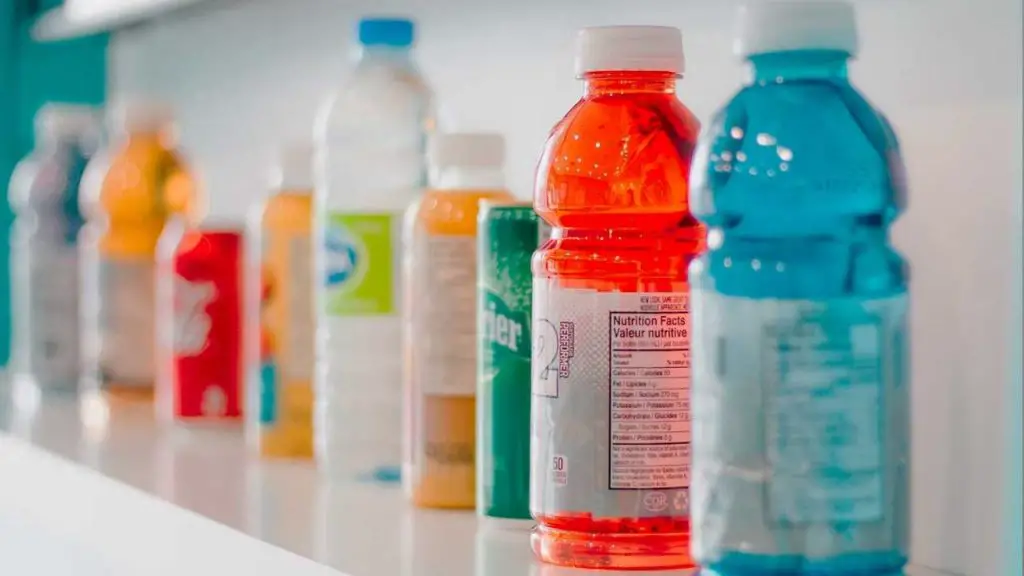
A balanced electrolyte level doesn’t necessarily make you pee more. However, a disparity in some electrolytes like potassium and calcium can be the reason for excessive urination. It’s the body’s way to flush out the surplus electrolyte to return to the average level.
Drugs, such as diuretics, can also lead to electrolyte imbalance. It’s because they prevent the kidneys from reabsorbing sodium. Diuretics, or “water pills,” assist in moving extra salt and fluid out of the body through frequent visits to the toilet. Some natural diuretics are parsley, alcohol, green and black tea, dandelion, and caffeine.
Electrolyte imbalance can result in recurrent urination and vice versa.
Can Electrolytes Cause Bloating?
Not all electrolytes can cause bloating. For example, table salt has sodium and chloride components that can contribute to feeling bloated. Sodium attracts water, so increased salt intake encourages fluid retention in the body, resulting in bloating.
Certain conditions, such as dehydration, can also induce an electrolyte imbalance that can prevent proper digestion. To counter-balance dehydration, the body will hold excess water, causing bloating. During this time, some people can also experience constipation. When they try to increase their fluid intake, they start to have a big round belly.
Are All Electrolyte Drinks and Supplements the Same?
Electrolyte drinks and supplements have the same purpose: to help the body recover from the electrolytes that our body loses. However, not all electrolyte drinks and supplements have the same components. It’s imperative to consider the ingredients, electrolyte type, and doses before choosing an electrolyte drink or supplement. Also, consider any allergies or sensitivities you may have.
It’s vital to think about the amount of sodium when picking an electrolyte drink or supplement. Sodium enhances fluid retention, keeping you hydrated compared to plain drinking water.
Some electrolyte drinks include carbohydrates in the form of sugar. This is to replenish glycogen stores – a stored form of carbohydrate used by the body during exercise. The added sugar can also enhance the flavor, encouraging people to exercise more.
While electrolyte drinks and supplements can hydrate the body, some of these can have a lot of sugars and food coloring that aren’t necessary for people not engaging in intense exercise.
People who don’t want to take electrolyte drinks and supplements can eat electrolyte-rich foods instead. Below are some electrolyte-rich foods that can help in hydration:
- Avocado
- Spinach
- Kale
- Peanuts
- Broccoli
- Tofu
- Strawberry
- Watermelon
- Soybeans
- Tomatoes
- Banana
- Yogurt
- Chicken
- Turkey
- Orange
- Raisin
- Olives
Conclusion
Electrolytes are vital in the body’s normal functioning. An imbalance of a particular electrolyte affects different systems and processes in the body, which can lead to detrimental long-term effects.
To ensure a healthy body, include foods containing essential amino acids and electrolytes in your diet. You can also take supplements to support your body’s need to balance your electrolyte levels. Ensure to check the supplement’s ingredients first before purchasing.
Author
- Danny Loeb is a qualified Personal Trainer, Fitness Model and Writer. He enjoys blogging about health and fitness, messing around with Photoshop, and sharing his experiences with everyone.
Latest entries
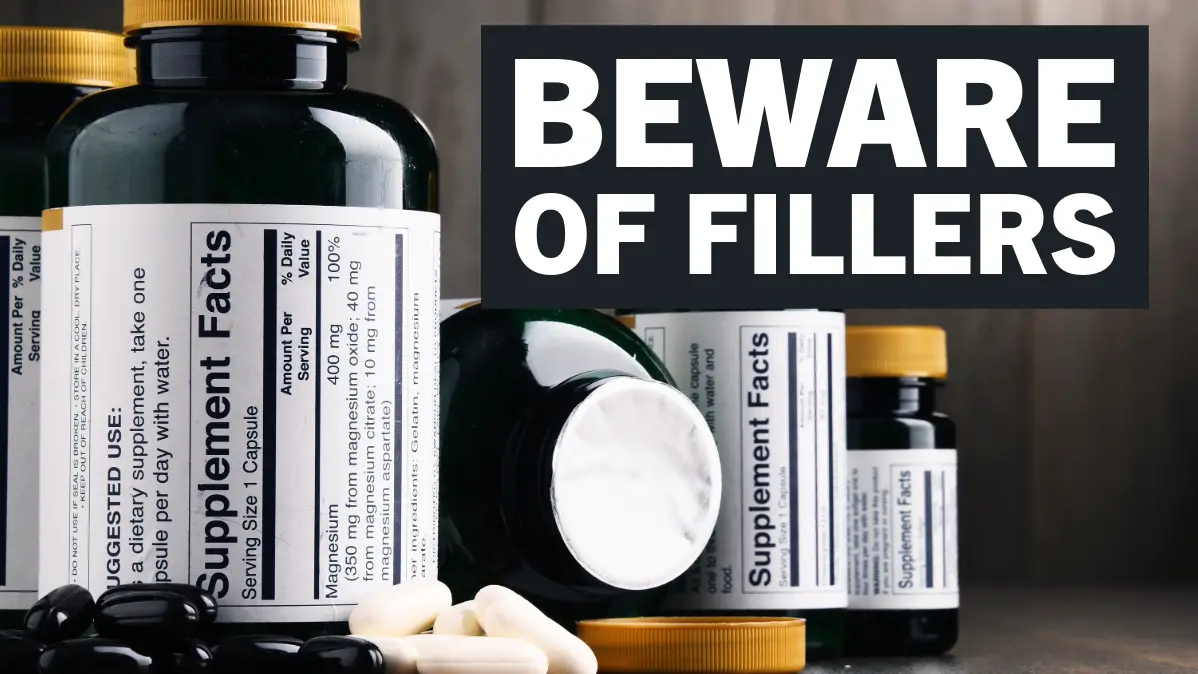 NutritionFebruary 6, 2024What Are Fillers in Supplements? – Unveiling Inactive Ingredients
NutritionFebruary 6, 2024What Are Fillers in Supplements? – Unveiling Inactive Ingredients FitnessAugust 23, 2023Best Post-Workout Foods: Great Ideas for Recovery and Results
FitnessAugust 23, 2023Best Post-Workout Foods: Great Ideas for Recovery and Results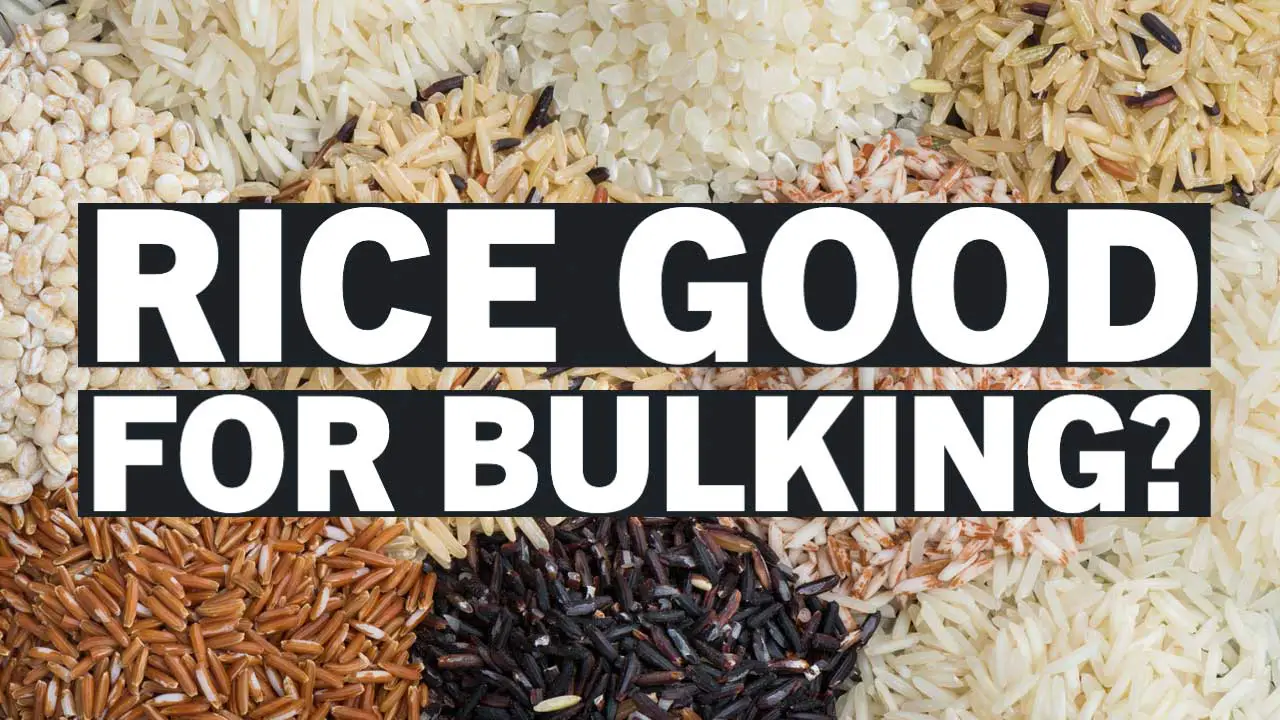 BulkingJuly 26, 2023Is Rice Good for Bulking? Unveiling the Truth
BulkingJuly 26, 2023Is Rice Good for Bulking? Unveiling the Truth CultureJuly 15, 2023Why Do People Hate Planet Fitness? Read This Before You Join!
CultureJuly 15, 2023Why Do People Hate Planet Fitness? Read This Before You Join!
Affiliates:
This post may contain affiliate links that at no additional cost to you, the site may earn a small commission. We only recommend products we would use ourselves and all opinions expressed on this site are our own.
General Advice:
The information provided in this article is for general informational purposes only. It is not intended as a substitute for professional advice. Always consult with a qualified healthcare professional before starting any new diet, exercise program, or making changes to your health routine.
Accuracy Advice:
While we strive to provide up-to-date and accurate information, the content in this article may not reflect the most current research or medical guidelines. We encourage readers to do further research and consult with professionals for more personalized advice.
Our Recommendations:
The products and services mentioned in any of our articles are recommended based on our independent research and personal experience. We are not sponsored by any company. We aim to suggest products and services we believe are of high quality and could be beneficial to our readers.




